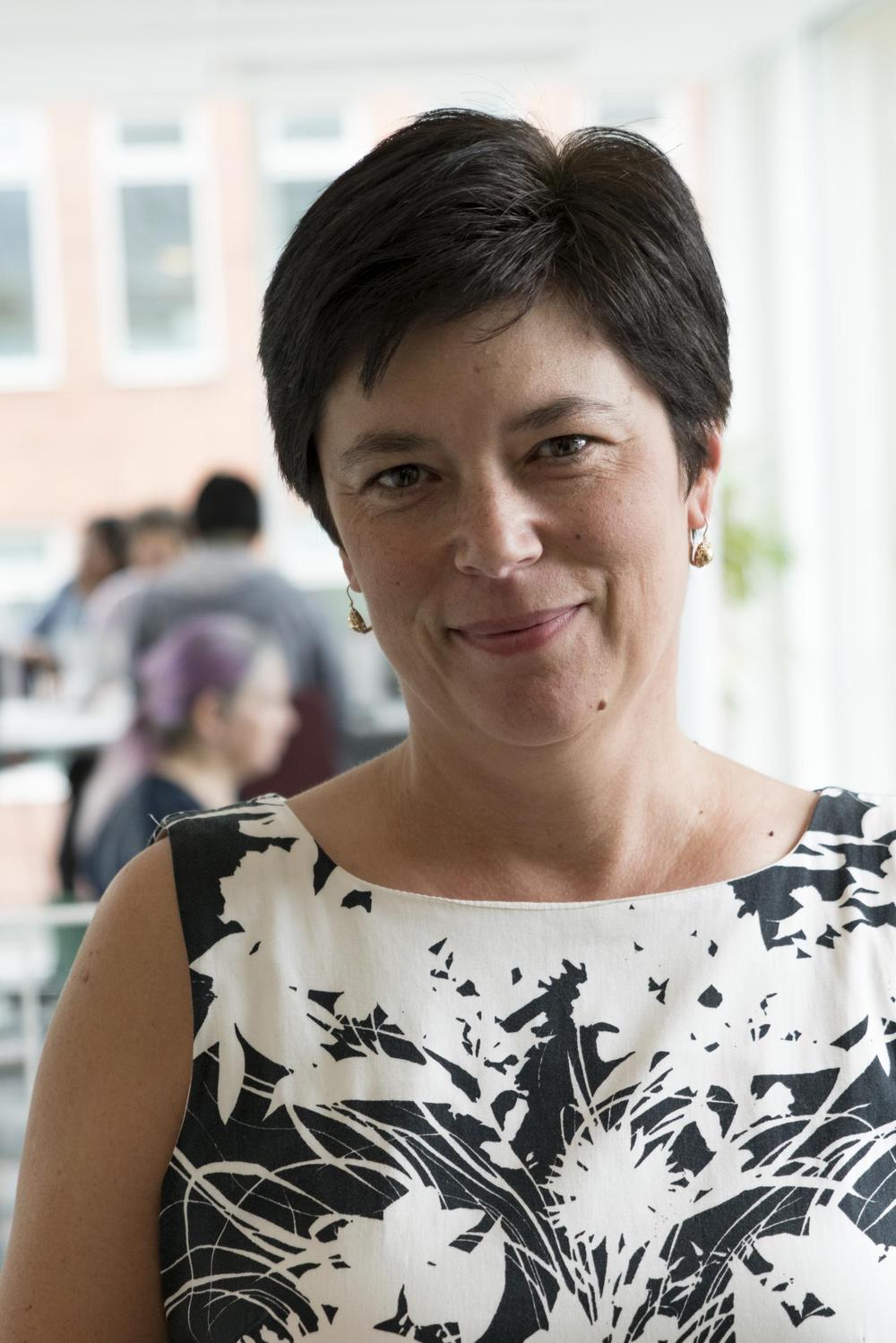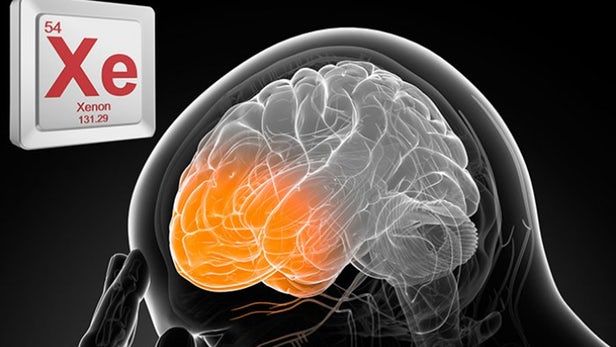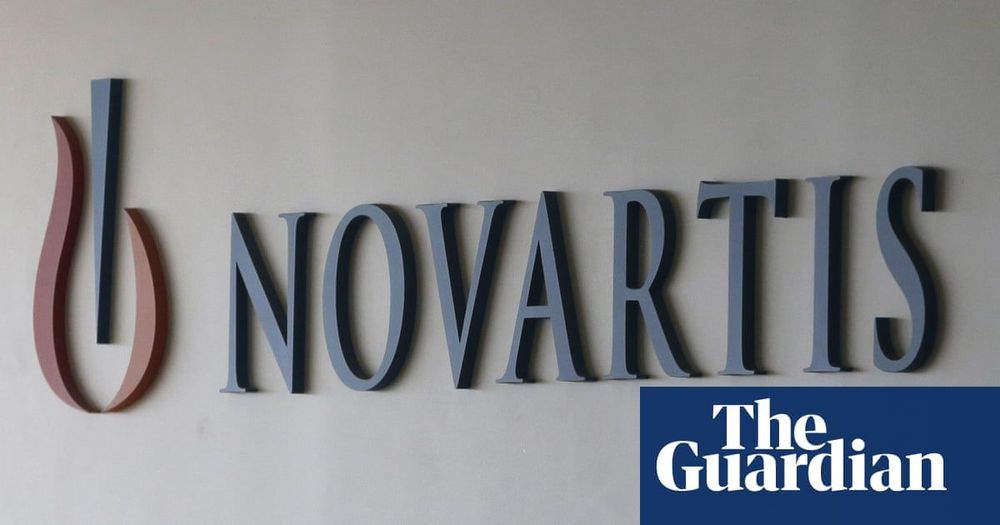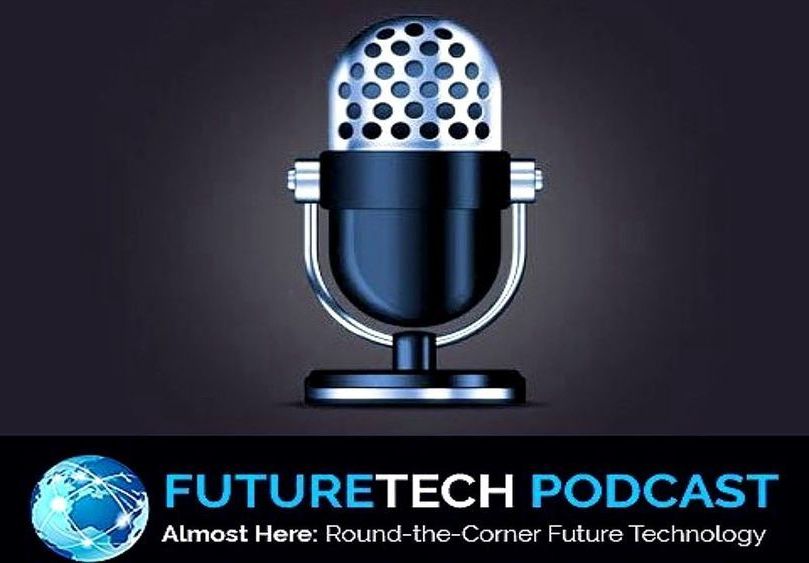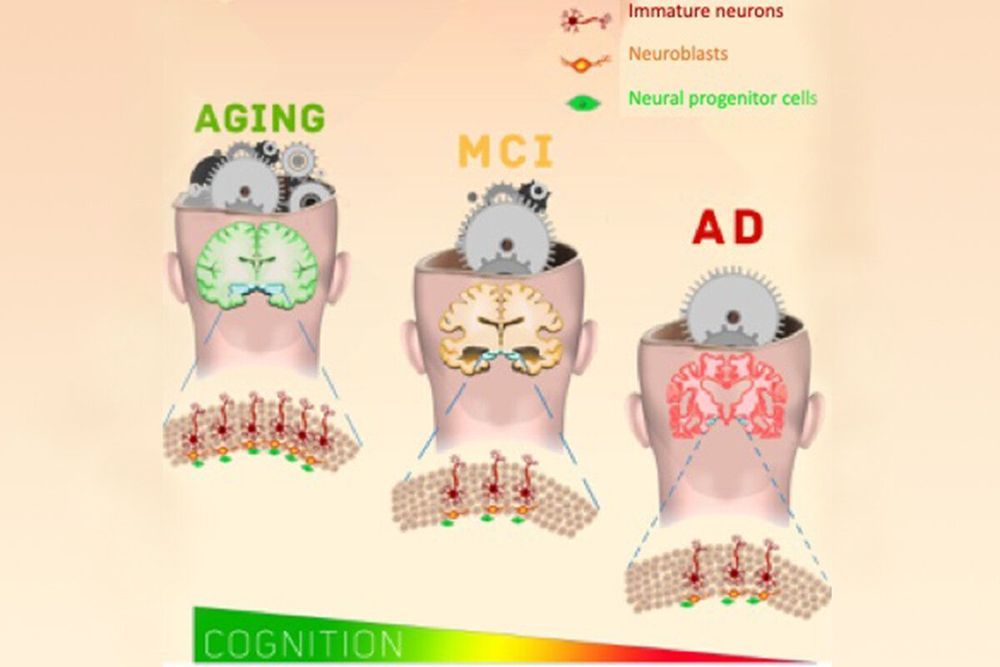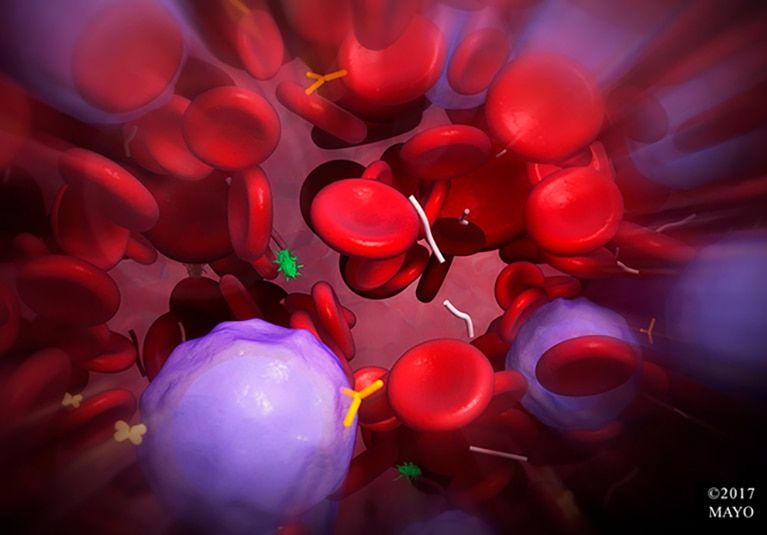
Mayo Clinic researchers have demonstrated the safety and feasibility of stem cell therapy for lung transplant recipients with moderate obstructive chronic lung allograft dysfunction (CLAD). A larger clinical study is planned, which might eventually yield regenerative-medicine options for managing acute or chronic CLAD.
“The primary purpose is to improve lung function, or at least arrest the rate of decline in lung function, in transplant patients with progressive obstructive disease that is refractory to medical therapy,” says Cesar A. Keller, M.D., emeritus professor at Mayo Clinic in Jacksonville, Florida.
Although lung transplantation is a life-saving treatment option, chronic rejection is considerably more common than in other solid organ transplants, due to the lungs’ continuous exposure to environmental factors. Within five years of lung transplant, 45 percent of recipients develop obstructive CLAD, also known as bronchiolitis obliterans syndrome (BOS) — which has an associated mortality rate ranging from 25 percent to 56 percent. There is no standardized therapeutic protocol for BOS, and the existing therapies have had variable success.
Continue reading “Stem cell therapy for graft dysfunction in lung transplant” »


